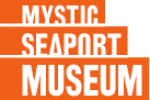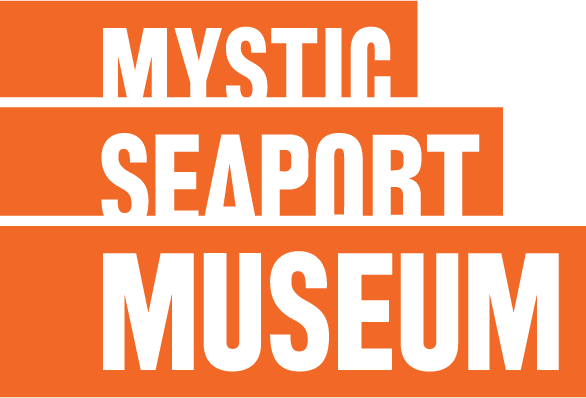By Paul O’Pecko
Vice President of Research Collections and Director of the G.W. Blunt White Library
With the help from an Arthur Vining Davis Foundation grant over a decade ago, Mystic Seaport Museum developed a website called the National Maritime Digital Library. It consists of a number of elements including databases, digitized material and a portal to a new maritime history journal called CORIOLIS. The core of the site, though, was the American Offshore Whaling Voyage database. Judith Lund, former curator at the New Bedford Whaling Museum, had created a database of more than 16,000 whaling voyages and teamed up with Mystic Seaport Museum to put it online in a format that would be useful to researchers around the world. Fast forward to 2017 and the AOWV database took on a life of its own to become WHALINGHISTORY.ORG, an extraordinary collection of information and digital objects that has far surpassed our original dreams for the material.
Over the last two years, Mystic Seaport Museum and the New Bedford Whaling Museum cobbled together funding to expand the website with the guidance of web developer David Caldwell. Dave’s ability to organize the data and digital material that we have compiled over the years has been a herculean effort that is paying dividends by way of all the scholarly work done by users tapping into the site. In addition to the original database, other participants from around the world have begun sharing their data with us. This includes databases for the British Southern Whaler Fishery (1775-1859), the British North American Whale Fishery (1779-1845) and the French Whaling Voyages (1784-1866). Add a collection of new crew lists, links to hundreds of scanned logbooks and a new search function that links all the material together, and you have a virtual smorgasbord of whaling history at your fingertips. Quite interesting is the cross pollination of whaleships and masters between the different databases, especially among the Nantucketers who occasionally registered their voyages in both America and France, for example.
Other additions to the site include a new EXPLORE menu that offers new ways to dig into the Whaling History databases and features aspects of the data that might not otherwise be discovered. One of the first EXPLORE topics is “Women Who Went Whaling,” an opportunity to find voyages on which the master’s wife sailed. The EXPLORE menu also assists users in finding all the 1,300 voyage maps that are included on the site. These maps display voyage location information from the American Whaling Logbook database that combines logbook data from the Maury, Townsend and Census of Marine Life logbook projects. One of the most gratifying elements of the site for researchers is the ability to download any or all data to be manipulated for their own purposes, rather than having to construct tables from data that they would otherwise need to type out or cut and paste.
Goals yet to be achieved include linking art and objects to individual voyages and bringing in additional institutions to add their records and logbooks to the collection. Fund raising for this will start soon, so feel free to participate!


